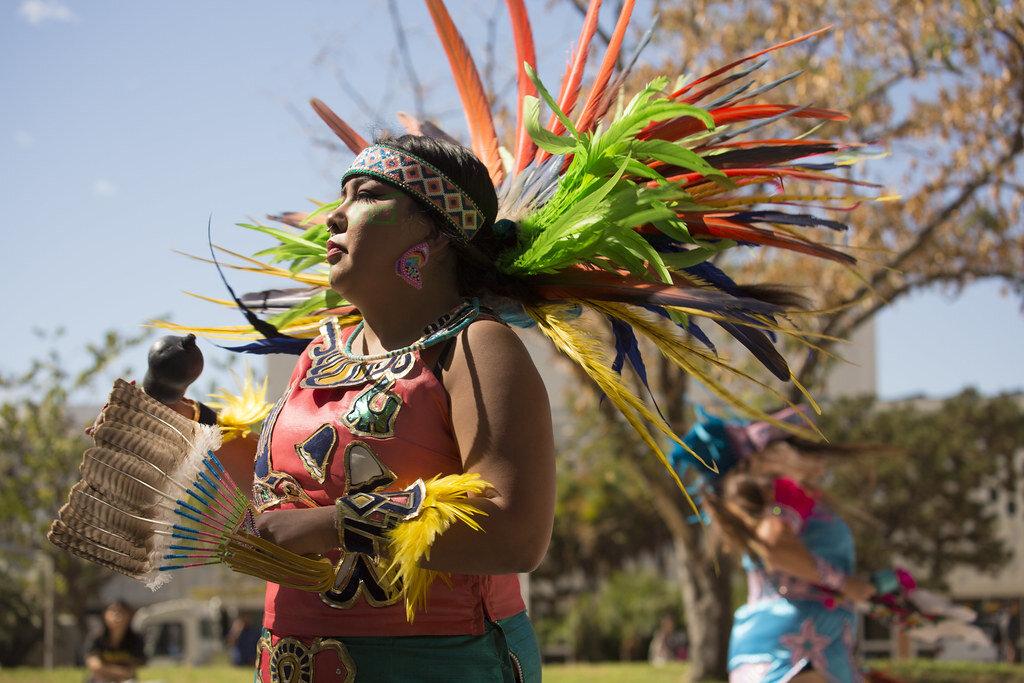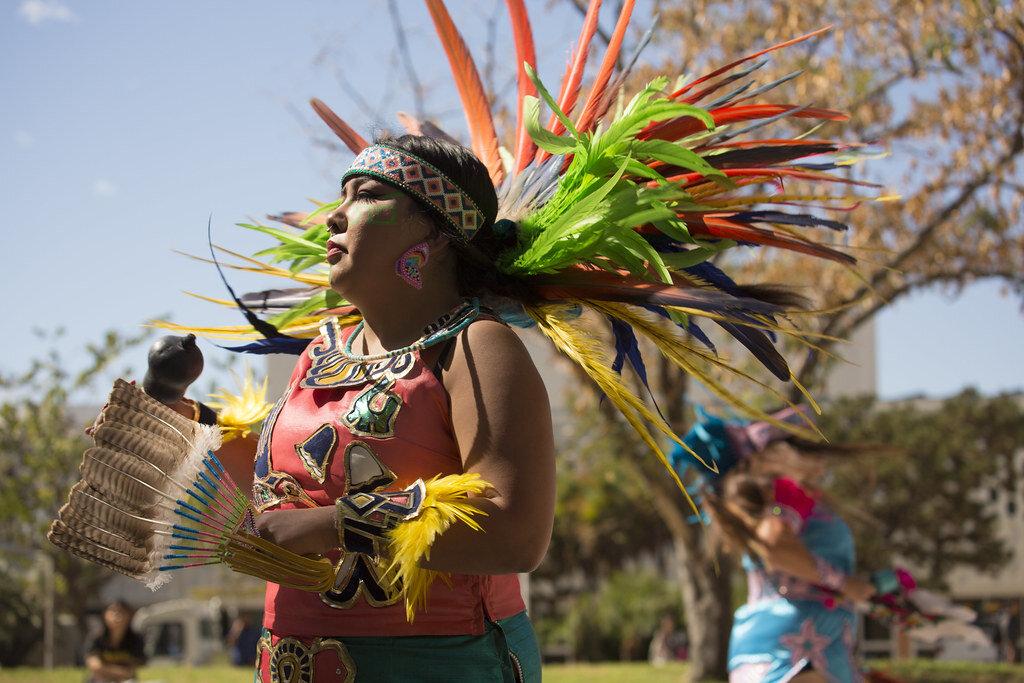Two years ago, California proclaimed Oct. 12 as “Indigenous People’s Day,” dedicating one day of the year to the indigenous peoples that call California home to this day. Over the past few hundred years, many indigenous peoples have faced unimaginable challenges, and it is important to celebrate the many who have lost their lives due to colonization. In addition to those who died, it is also equally important to celebrate and recognize those of indigenous origin who have survived and thrived in the past, present, and the future.
COURTESY// CSUF PHOTOS
California is home to one of the largest and most diverse populations of Indigenous peoples in the United States. While many Indigenous peoples have lived in California for thousands of years, others worked very hard to settle here, crossing borders and other landmasses. Some have even made their home in California as a result of federal policies that forced mass relocation of Indigenous peoples.
However, during the recent rapid development of the COVID-19 pandemic, many populations of Indigenous peoples have been put at a severe disadvantage due to their living conditions, among other factors. In Brazil, COVID-19-related deaths reported in its indigenous population are double that of the general population. In the United States, the Navajo Nation has actually surpassed New York in COVID-19 cases per capita. Factors such as small dwellings, multigenerational living, and lack of access to clean water, soaps and disinfectants are prevalent in reservations and rural areas that house Indigenous peoples in America.
Our government should be anticipating the needs of these Indigenous populations instead of putting them at more of a disadvantage by denying them the first wave of relief. The American public must recognize that historically government-led solutions in Indigenous communities have not been adequate and have further disadvantaged these communities rather than help them thrive. An example of a measure that could help them stop the spread of the coronavirus would be limiting travel in and out of their lands, as deemed necessary by the communities themselves.
COVID-19 is an increasing burden, mostly among our elders and those with preexisting conditions and deaths of Indigenous elders would result in an immense cultural loss. These elders represent years of cultural knowledge, language, and history. Scholar Annie Belcourt had described Indigenous populations in the United States of living lives that are “challenging and short.” Investing in these Indigenous populations’ health would be an investment for our futures, as these communities still have so much to offer and teach about how to live sustainably and communally. Indigenous communities value the community and family around them, which is increasingly important in a time in our society where individual gain is being put above all else.
Seeing our governor recognize the Indigenous lives lost due to colonization and mass genocide and dedicating a day to remember them in our history speaks volumes, however, it does not erase the gruesome damage that has already destroyed these communities as a whole. Instead of following America’s xenophobic background with roots still embedded in our society today, Gavin Newsom encourages Californians to celebrate Indigenous peoples and how they have shaped California for the better.




































